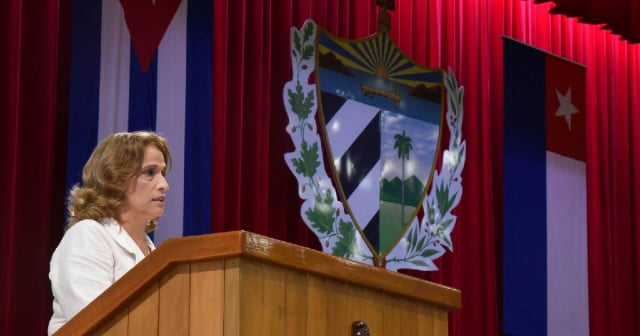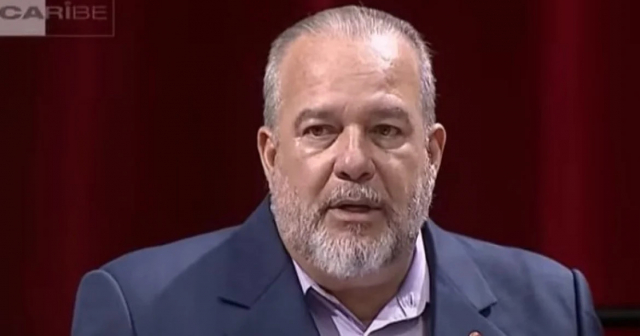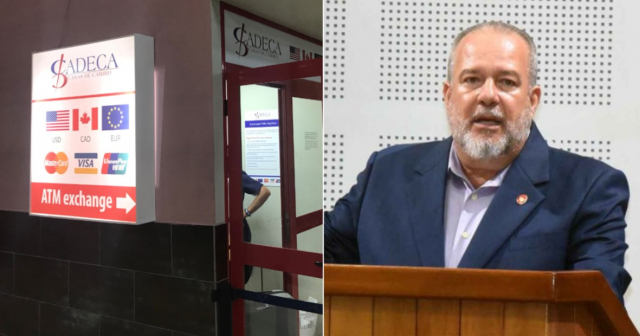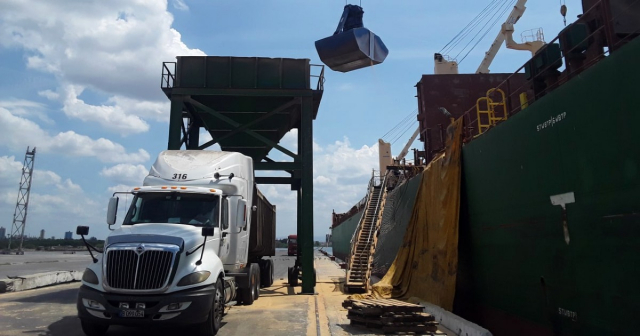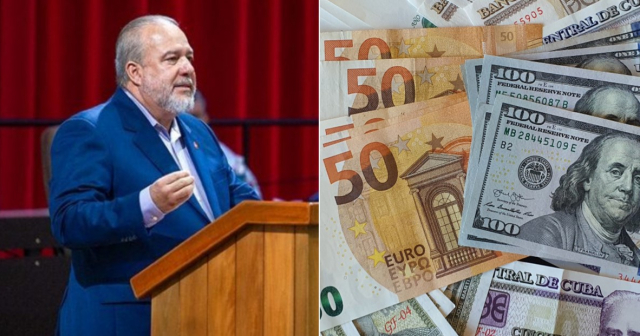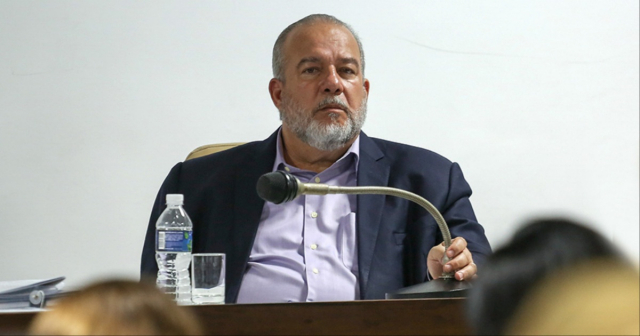Cuba's Prime Minister, Manuel Marrero Cruz, lashed out against individuals who, according to the government's accounts, engage in bringing in products exempt from tariff payment and sell them "at excessively high and abusive prices," while reaffirming the promise to stock their stores more effectively.
As part of his extensive presentation in the third regular session of the National Assembly in its tenth legislature, Marrero Cruz addressed the issue of tariff exemptions for the importation of medicines, food, and hygiene products by individuals.
"The extension has been extended until September," he said before dropping the bomb: "We have analyzed in depth that there are many distortions behind this measure that we approved to benefit the people."
Just then, he complemented the idea: "This has been taken by people who are dedicated to bringing immense quantities of products to commercialize them in a black market at excessive and abusive prices."
In this regard, he said that they are working on "providing our store system with product alternatives to take action after the month of September," a phrase that, at first glance, shakes the measure.
Last June, the government made official the extension through Resolution 211/2024 in the Official Gazette of the Republic of Cuba No. 57, in its Regular Edition.
The document contains several resolutions that focus on regulating prices and fees for state entities, extending benefits and exemptions in the importation of essential products, and temporarily modifying customs regulations to facilitate the entry of goods necessary for the population.
Exceptionally and on a temporary basis until September 30, 2024, it authorizes the importation without commercial purposes, without limits on its value, and exempt from the payment of customs duty of food, hygiene products, medicines, and medical supplies, through passengers as accompanied luggage," reads a part of the text.
The non-commercial import of these products was also authorized up to five hundred dollars (500 USD) or fifty kilograms (50 kilograms) as unaccompanied baggage.
Among other regulations, it was also decided to increase the customs value limit for non-commercial imports made by individuals through shipments.
Meanwhile, the country remains in crisis, and this measure is a demonstration of that, as it has been extended since it was approved after the protests on July 11, 2021.
Regarding the stores and their supply, Marrero defended the high prices of the establishments in Freely Convertible Currency (MLC) compared to the established cap for Micro, Small, and Medium Enterprises (MSMEs), arguing that the government purchases from expensive markets with fewer benefits.
He acknowledged that the prices at state-run stores in MLC are more expensive than those of some products they have come across; however, he argued that "it is unfair to make that comparative analysis."
He said that state-owned stores "do not work with the illegal currency market, they operate at 1x120, therefore the analysis is different, they have to go to more distant markets to buy at higher prices because we have had difficulties in paying suppliers, paying very high freight costs, so it is not fair to make that analysis," he justified.
What do you think?
COMMENTFiled under:

